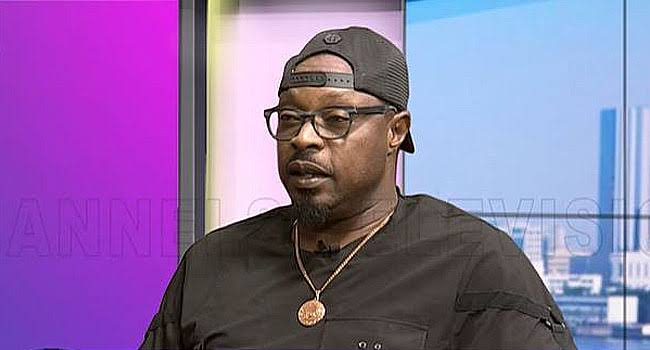Amnesty International, a human rights organisation, has condemned the National Broadcasting Commission’s recent decision to ban Nigerian rapper Eedris Abdulkareem’s new protest song, Tell Your Papa, calling it a “clear violation” of the right to freedom of expression and access to information.
In a press statement on Thursday, Amnesty International criticised the ban as “unlawful, arbitrary, and deeply worrying,” noting that it reflected an alarming trend of censorship and intolerance by the government under President Bola Ahmed Tinubu’s leadership.
“The National Broadcasting Commission’s blatant ban of broadcasting Eedris Abdulkareem’s song Tell Your Papa is a clear violation of freedom of expression, which includes the right to obtain information,” the organisation said.
Advertisement
READ MORE: Eedris Abdulkareem’s Protest Song ‘Tell Your Papa’ Banned By NBC For Broadcast
The NBC had deemed the politically charged song, which critiques the government and addresses social and economic struggles, as “Not To Be Broadcast,” referencing sections of the Nigerian Broadcasting Code.
However, Amnesty International argued that the action had no legal or moral basis.
“Categorizing the song as ‘Not To Be Broadcast’ for solely being critical of the government and people in power is an abuse of power and is unacceptable,” Amnesty said, noting that the action was “entirely inconsistent and incompatible with the right to access information and media freedom in Nigeria.”
The group went on to urge President Tinubu to “immediately direct the NBC to withdraw the bizarre ban which violates a range of human rights.”
Amnesty also cautioned that the crackdown could have significant implications for artists, media outlets, and freedom of expression in Nigeria.
“The arbitrary and unlawful ban by the NBC would have a disproportionate and chilling effect on the work of radio and television stations in Nigeria.
“This clampdown on artistic freedom is an appalling reminder that artists are at the risk of being silenced. Nothing can justify suffocating creativity,” the statement read.
Amnesty argued that the NBC’s action also places Nigeria in breach of its international and regional commitments, especially under the International Covenant on Civil and Political Rights and the African Charter on Human and Peoples’ Rights, both of which protect the rights to free expression and artistic freedom.
“Citing the deeply flawed and problematic Nigerian Broadcasting Code to justify the ban shows a new level of intolerance of dissenting voices,” the group stated.
The organisation reiterated its call for immediate reforms to the NBC’s regulatory framework, which it claims has long been used to “curb dissent and muzzle the press.”
“The ban highlighted the need to urgently repeal heavy censorship regulations of NBC that have been used to curb freedom of expression in the country,” the group said.
Amnesty concluded by cautioning that failure to reverse the ban could establish a dangerous precedent for increased government censorship.
“It is not too late for President Bola Tinubu’s government to withdraw the ban which will have the sad repercussion of promoting censorship and generating a new wave of fear of repression,” the statement concluded.
